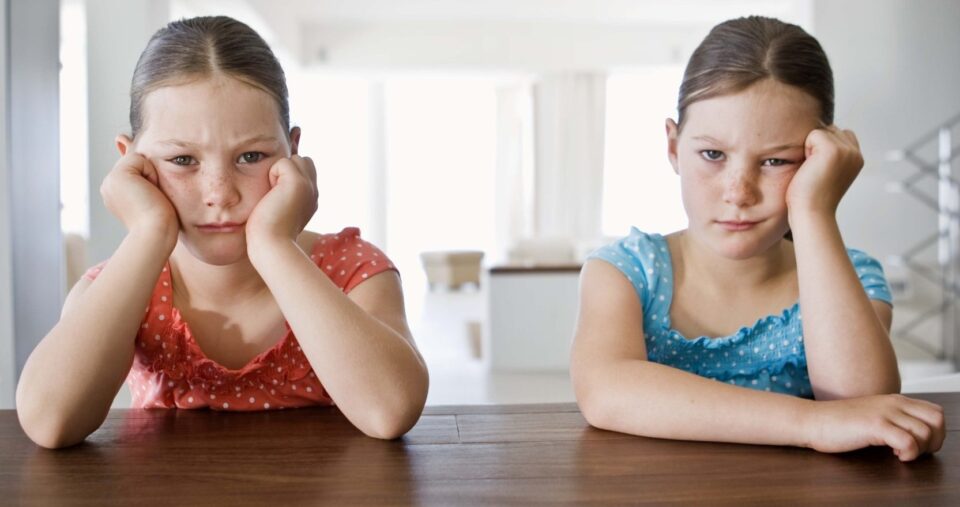
Change Happens
By Jenni Watts Evans, 1.10.19
This month brings a new year – and a transition out of the holiday season and back to the usual routine. That’s a comfort for most parents, but for kids, it can be stressful. Next month maybe it’s a new baby or a move to a new home. Change can also be unexpected: death, fire, separation or divorce. Change happens, and it is important to be tuned in to your child’s needs in times of stress.
Depending on their age, children need adults in their lives to provide consistency, empathy, support, and appropriate communication so that they are given information about what affects them, and they are listened to regarding their thoughts and frustrations.
You can also help on the front end by building your child’s resilience. So when the inevitable adversities in life occur, your child is better prepared to weather the storm. We help our bodies fight disease by building resistance and immunity.
Similarly, though there is no immunization for stress, we can increase resilience by giving children skills and experiences that build social-emotional development and problem-solving abilities that help them manage when emotions are high.
When children eat healthily and exercise, they build strength to ward off physical illness. Raising children in an environment where they feel safe emotionally and physically builds their ability to be strong, adjust, and bounce back when bad things happen. By helping children identify feelings and manage emotions instead of denying or criticizing them, we help them build the social and emotional skills they need.
For an environment that supports positive social-emotional development:
Build strong, positive relationships
- Listen! People won’t care how much you know until they know how much you care.
- Slow down – in your actions and communications with children.
- Choose your moments; relationship-building happens during caregiving, conflict, and transitions. BE the person you want to SEE.
Create a supportive environment that is emotionally safe
- Model compassion
- Don’t deny feelings (DO “You’re mad. I hear you.” DON’T “Stop it, it’s no big deal.”)
- Focus on strengths (“I know you’ll do it when you’re ready.” Even if there is a consequence.)
- Provide consistent routines, plan for transitions – especially those that are tough (“We’ll have to leave the playroom in a minute. Remember you wanted to get a cracker for the ride home.”)
- Take the time to identify feelings and talk about how you, your child, and others might respond (“When I get mad, I really have to be by myself for a minute.”)
 Resilience also incorporates attributes like grit, persistence, initiative, and determination
Resilience also incorporates attributes like grit, persistence, initiative, and determination
– best mastered through practice. Using the earlier analogy, this is like our bodies building resistance to common illnesses by being exposed to germs and fighting them off, leaving the body with heroic antibodies to fight that disease. The more often the body is exposed and conquers that illness, the better it gets at recognizing it and dealing with it.
Experiencing frustration and even failure can help children be ready to “try, try again.” Parents and teachers help when they gently push young people to challenge themselves beyond their intellectual, emotional, social, and physical comfort zones.
With the adult’s support and encouragement as they take risks, children can experience the feeling of learning from experiences and coming out on the other side, knowing the adult has their back.
Of course, parents need support, too! Strengthening families, a project of the Center for the Study of Social Policy outlines Five Protective Factors for parents and communities:
- Parent Resilience – getting support and having the ability to cope with and bounce back from their own problems and challenges;
- Knowledge of Parenting and Child Development – having accurate and relevant information about their child’s development and appropriate expectations for their behavior;
- Social and Emotional Competence – modeling positive interactions, self-regulation, and effective communication through the parent-child relationship;
- Social Connections – maintaining connections with friends, family, and neighbors to build networks around childrearing and get assistance and resources;
- Concrete Support in Times of Need – helping ensure the basic needs of a family are met is a social responsibility; parents need access to services that reduce the stress of difficult situations and crisis.
Do it for yourself and your family. Do it for your community. With children and their caregivers in mind, we can create environments where everyone thrives and has what they need to roll with the punches.

Jenni Evans is a parent educator at the Parenting Center at Children’s Hospital who writes our award-winning “Parenting Corner” column. Read “Giving Kids Outside Time – Why it is Important.”

